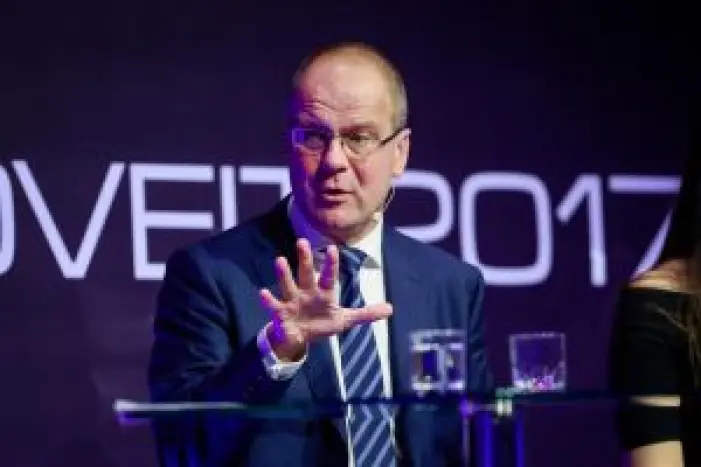Interview with Tibor Navracsics, Commissioner for Education, Culture, Youth and Sport
- In January 2018, the European Commission will launch the European Year of Cultural Heritage. Could you present the main activities to be developed by the Commission throughout the year in this regard?
The overall objective of the European Year of Cultural Heritage is to encourage people from all backgrounds to explore, share and appreciate Europe's rich and diverse cultural heritage and to raise awareness of its social and economic importance. It will be a perfect opportunity to celebrate and promote Europe's cultural heritage in all its forms: from archaeological sites to contemporary architecture; from medieval castles to traditional folklore and art. In particular, the Year will highlight the role culture and cultural heritage play in creating a European identity – an identity that does not threaten, but that complements and enriches our other identities, be they national, regional, local identities. And the European Year also comes at a perfect moment: because cultural heritage is about much more than the past – it is vital in building the future of Europe.
The Year will see a series of initiatives and events taking place all over Europe, giving our citizens opportunities to engage with their local heritage. This is a "bottom-up" approach; with municipalities, regions and communities all playing a key role in ensuring the Year's success. I would like heritage sites to become meeting points for local communities, schools, and families. The European Heritage Days, already a key European activity organised annually in autumn and reaching over 30 million people at more than 70 000 events, will be just one opportunity to make this happen.
- Could you please tell us how do you envision the role of the European hospitality industry in this European Year of Cultural Heritage and how it could contribute to make 2018 a true success for EU tourism in particular in terms of growth and jobs creation?
Cultural heritage is a key resource in itself and makes a substantial contribution to economic growth and job creation. There are 300,000 people directly employed in the European cultural heritage sector, and 7.8 million European jobs indirectly linked to cultural heritage, for example in the tourism and hospitality industries. To put this in another way, it is estimated that the cultural heritage sector produces up to 26.7 indirect jobs for each direct job. Studies have illustrated that visitors to heritage sites have a greater impact on local economies as they tend to stay longer and therefore avail of the local hospitality industries.
The European hospitality industry has a fundamental role to play in supporting the European Year of Cultural Heritage, particularly as 68% of EU travellers agree the presence of cultural heritage can have an influence on their holiday destination.
The events and activities that will be organised across Europe throughout 2018 will help attract both domestic and overseas tourists. I am confident that it will boost demand for the services of the hospitality sector in areas such as accommodation provision, catering and gastronomy, and guide services, as well as the transport sector. We should not, however, forget that our cultural heritage is a precious and often irreplaceable resource and the preservation of cultural heritage is a shared responsibility. We all have a role, including the hospitality industries, to ensure that our cultural heritage is protected and promoted in a sustainable way so that visitors can enjoy their experiences without encroaching on local communities.
- Considering that "tourism” is not specifically mentioned in the headline of the European year on cultural heritage, could you specifically present what are the activities which will be dedicated to tourism in this regard?
I am happy to say that a group of experts in the field of sustainable cultural tourism and heritage is currently working on identifying ways to create sustainable European tourism initiatives based on tangible and intangible cultural heritage, such as through examining virtual reality technologies and the rise of "virtual tourism". The social, economic and environmental aspects of sustainable cultural tourism are being explored by this group in order to take into account the interests of all stakeholders, including local communities, visitors, industry and governments. The working group will work towards improving sustainability by the exchange of best practices. These experts, representing twenty-two Member States plus Iceland, are working with great enthusiasm, and their findings will be promoted during the last quarter of the European Year.
Running concurrently with the European Year is the EU-China Tourism Year. This aims to attract Chinese off-season travellers to lesser-known places. Both Years will contribute to developing sustainable cultural tourism, by reflecting on how to preserve our heritage and by finding ways to finance its preservation in a sustainable manner.
